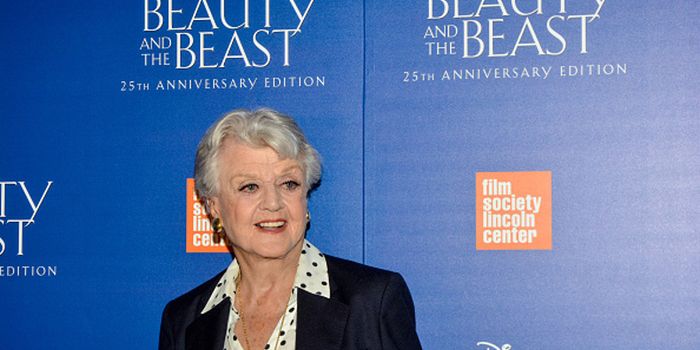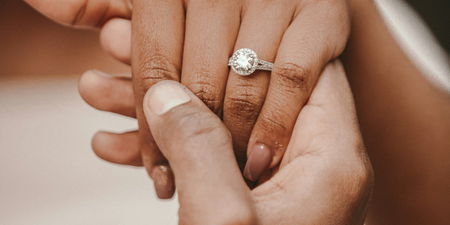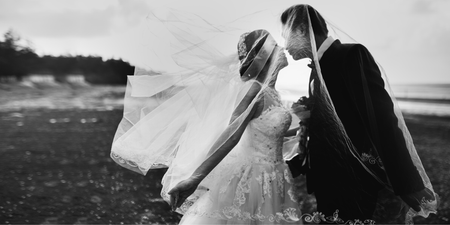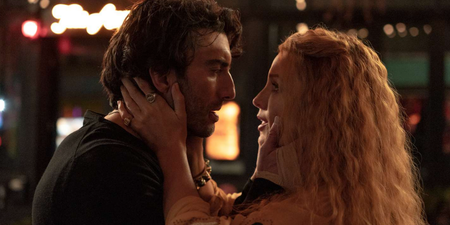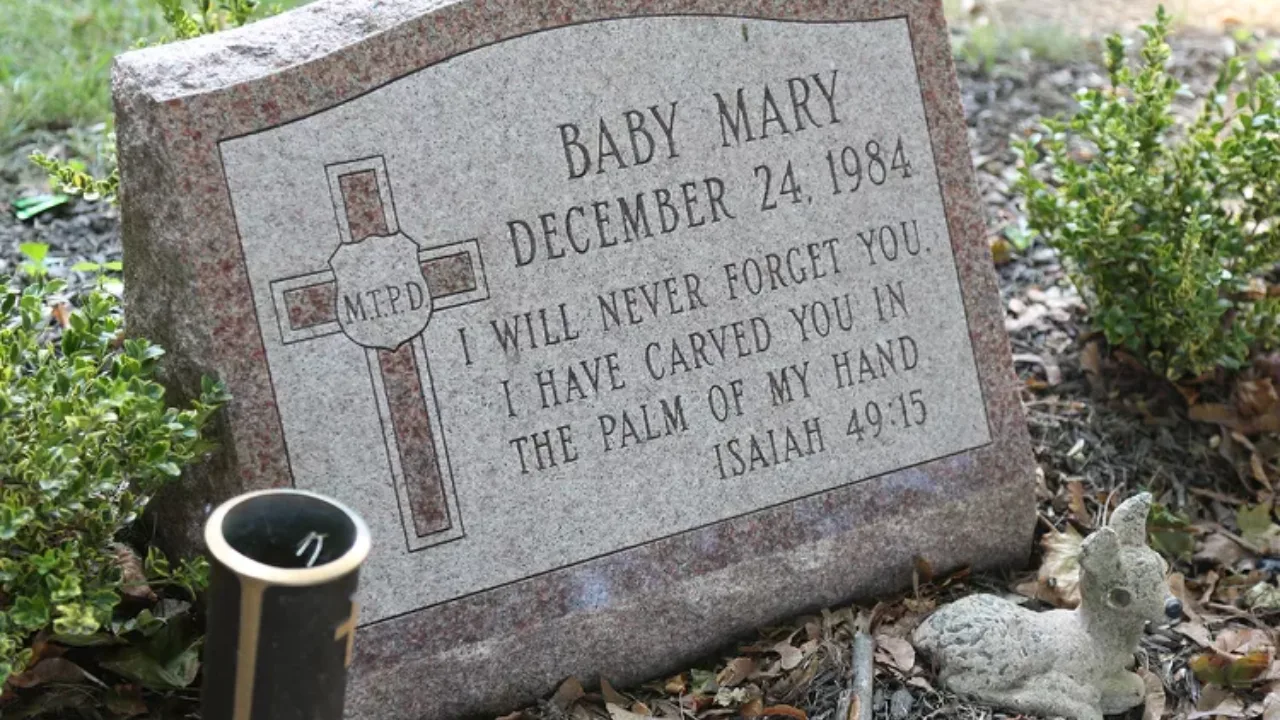Sexual harassment is never the fault of the victim.
The vast majority of us are probably aware of this.
We don’t need to be told that what a person was wearing when they were raped, or how many drinks they had when they were assaulted, is inconsequential.
These attacks happen because of the perpetrators who carry them out – that’s it.
And yet, there remains a more insidious kind of victim blaming that isn’t so clear-cut or easily recognisable.
It’s the kind that tells young women to ‘watch out,’ or never walk home alone at night.
It teaches young women that harassment, assault, and rape are inevitabilities that will happen if they’re not careful, don’t dress themselves appropriately, or be constantly wary of men.
It suggests that young women are the ones who ought to be mindful of their behaviour.
It appropriates blame while ‘meaning well.’
After all, those people are just looking out for us, you know?

Today, Angela Lansbury’s questionable comments on sexual harassment caused a considerable amount of uproar on social media.
In case you somehow missed the controversy, Lansbury told Radio Times magazine that she believed that women should take some of the blame that came with sexual harassment.
She said:
“We have to own up to the fact women, since time immemorial, have gone out of their way to make themselves attractive.
“And unfortunately it has backfired on us, and this is where we are today. We must sometimes take blame.
“Although it’s awful to say we can’t make ourselves look as attractive as possible without being knocked down and raped.”
While it is deeply disappointing to see a veteran star like Lansbury voice such outdated ideas, her comments are unfortunately not just restricted to those who may not possess a detailed insight into the kind of treatment and abuse that young women are being subjected to these days.
Following the multiple allegations against Harvey Weinstein, Big Bang Theory star and neuroscientist Mayim Bialik penned a New York Times op-ed in which she said that she made certain “choices” to avoid harassment.
These included dressing “modestly” and not acting “flirtatiously with men.”

While this op-ed was based on Bialik’s personal experiences, her suggestion that only women seen as ‘attractive’ experience harassment and rape is clearly shared with Lansbury and many others too.
The key point missing here though is that rape and sexual assault have nothing to do with the perceived attractiveness of a person – and everything to do with power and control.
People do not rape because they are attracted to someone.
People rape because they want to take what is not on offer and because the feeling of being in control is more important to them than a ‘yes.’
That’s why this kind of blaming is so much more insidious.
It doesn’t take into the account the woman who was ‘just being nice’ because she didn’t want to be rude, or the girl who laughed off the advances because she just didn’t know what else to do.

The lines have become, unfortunately, blurred when it comes to this kind of victim blaming – but they shouldn’t have to be.
If you’ve been sexually harassed, you are not to blame.
If you’ve experienced inappropriate messages, advances, or touching without your consent, you are not to blame.
If you’ve been followed home after a night out, you are not to blame.
On this one point though, Angela was right – as women we do have to be careful… and it’s totally unfair that we still have to be.
But on everything else, she was just plain wrong.
